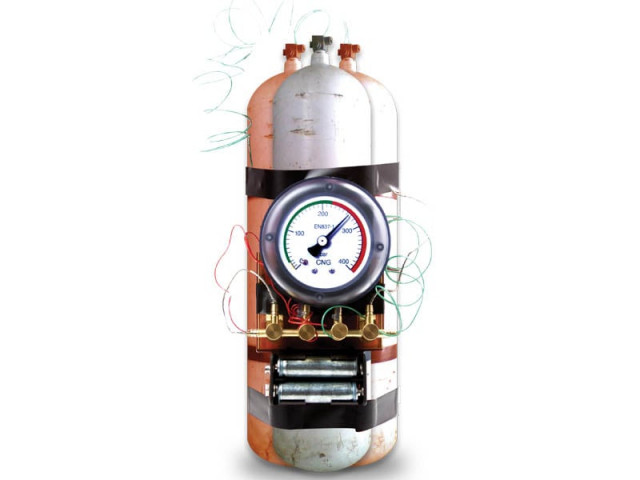Another CNG tragedy
Transport vehicles that use low-quality cylinders or not installed them properly, their routes should be cancelled.

Another CNG tragedy
Those public transport vehicles that are using low-quality cylinders or have not had them installed properly should have their routes cancelled. The traffic police would also have to participate in spot check to ensure that vehicles on the road are not a public safety threat. If such measures are not implemented immediately, we can expect many more incidents like the one in Sheikhupura, as well as a definite increase in the number of fatalities in cylinder explosions. A CNG safety campaign also needs to be launched to educate people about the dangers of taking shortcuts. Saving a small sum of money in the short term by installing low-quality gas cylinders is not worth the risk to life and limb.
As for the Sheikupura incident, the authorities owe it to those who lost loved ones to immediately investigate the explosion. This would mean determining if the cylinder was faulty and then finding out where it was installed. The shop that installed it should have its license revoked and be shut down. Its owners should be put on trial for gross negligence. The government needs to get serious about this vital public safety issue. How many more tragedies will have to occur before it takes meaningful action?
Published in The Express Tribune, May 4th, 2012.














COMMENTS
Comments are moderated and generally will be posted if they are on-topic and not abusive.
For more information, please see our Comments FAQ